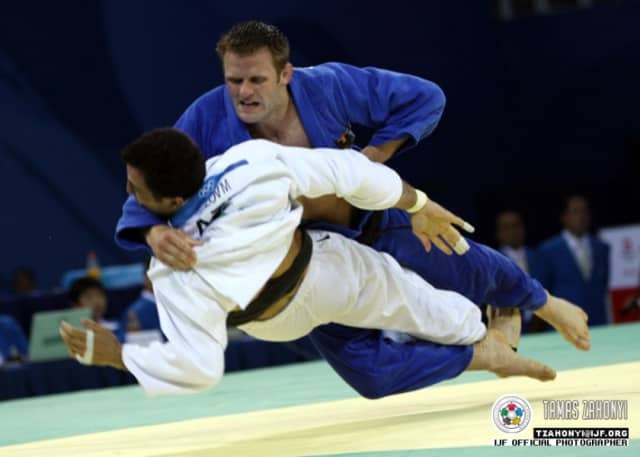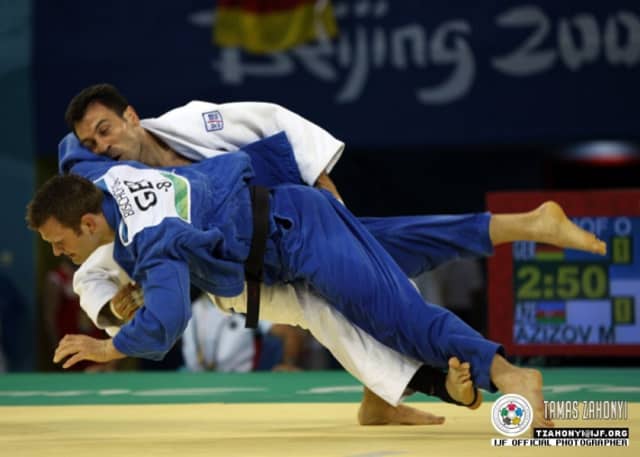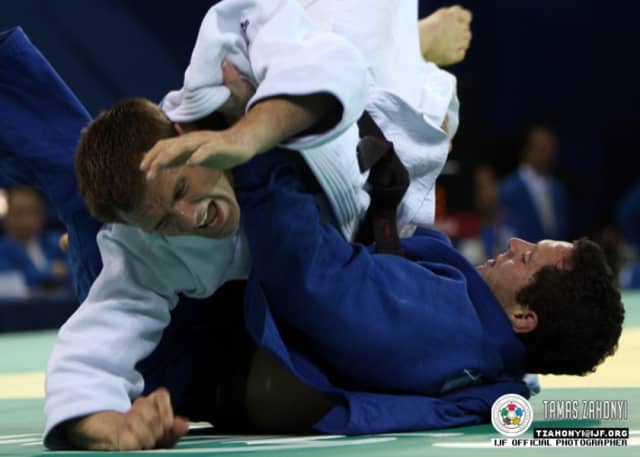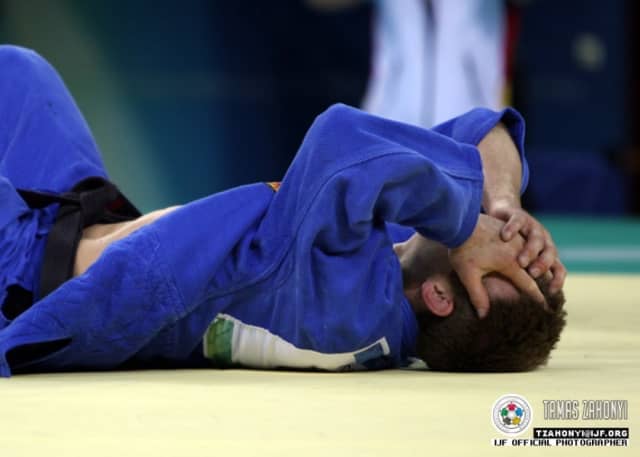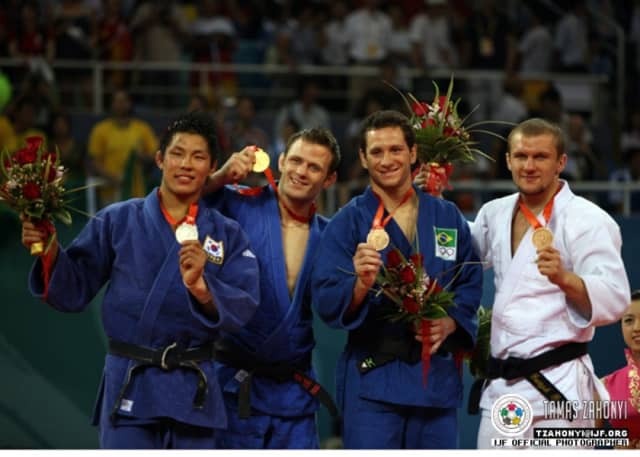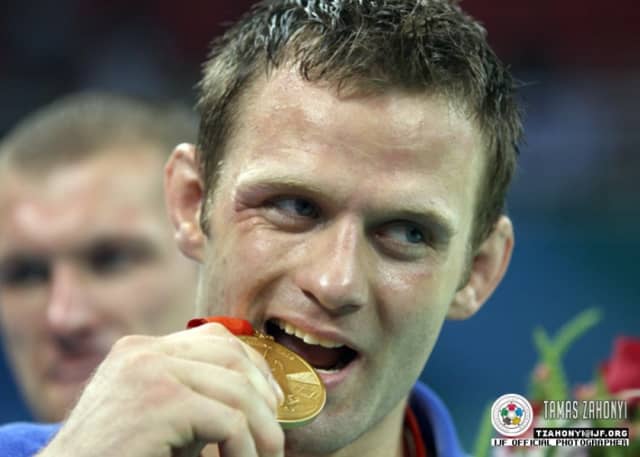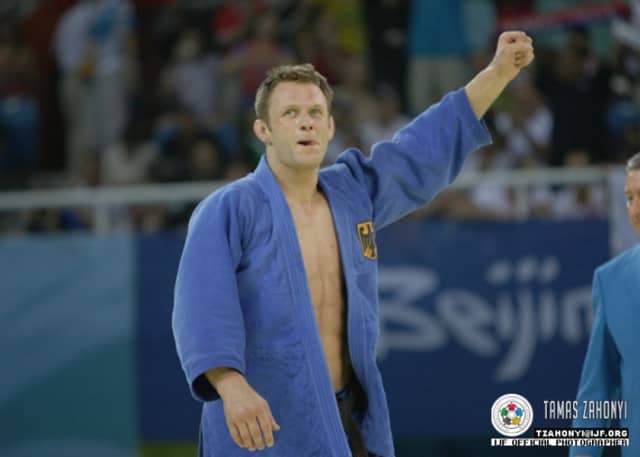We introduced the statistics, the almost impossible feat and the question in our first article in the series, which can be found here:
https://www.ijf.org/news/show/151-olympic-champions-tokyo-to-tokyo
A reminder of the question:
It could be said that to be in the company of an Olympic judo champion is to be presented with someone whom has reached an absolute pinnacle, a ceiling which cannot be surpassed; there is nowhere further to ascend in the world of sport. We often find Olympic champions speaking with freedom and certainty, unafraid to share an opinion, speaking of their lives and journeys with confidence. For many we feel there is peace, and that can be magnetic and inspiring.
So the question is, did they become Olympic champion because of that character or did they become that person having won the Olympic gold medal?
“It’s definitely a mix. You can’t build a high pyramid if there is no foundation so there must be something inside of you which opens the first spaces to the possibility. After the Olympic medal though, you can go through special doors that society allows you access to and this opens new horizons and the opportunity to meet interesting people. So there’s heritage, performance, history, lots of things contribute. It’s a special group to be in and once you are a champion you have access that is in itself inspiring and helps you to grow."
"When you’re Olympic champion, in most societies you get offers. People ask for your opinion and it has a lot of positive effects but of course there are some negatives too. If people know you are Olympic champion, they listen to your opinion more. If people think you are saying something good, they say it’s very good and the opposite is also true. Everything negative is also magnified and so sometimes it’s easier to fly under the radar than to offer an opinion which will be blown up to be something huge. For me it’s easier to relax if I’m not recognised or if I’m with my family who have known me all my life."
"I think every person has strengths and weakness and it’s a gift if you are set on the right track in life. My strength was judo and I really loved it. When I first watched the Games in 1988 at age 8 or 9, I asked my father if I can get there and my father said, ‘sure,’ if I put effort into it. It took me another 20 years from that point. To have the motivation to continue for 20 years, the motivation, in part, must be that we love it. To love judo is maybe easier than it might be in other sports because it has so many dimensions including social aspects, physical attributes such is muscle development, travel and the satisfying of curiosities, as well the win and improving. Judo offers so much."
"If I want to achieve something and I am on track, I don’t care if someone else is around me or not. If I train judo and no-one is supervising me, I’m ok with that. I don’t need someone to tell me or to instruct me. If the coach leaves the room, I continue. I train because I love it; stubborn is almost the right word. Commitment is almost correct but that suggests not being open to creativity when in judo you need that too. It’s so complex. You can prepare a structure but there are so many details and we can’t control everything so we have to, in certain cases, leave the structure and then go back to it when possible."
"I don’t think that an Olympic champion is a better human than someone else. I think that for everyone who does judo it is a win for judo, for the family of the judoka and for society. You don’t have to do performance sport to be of value in judo. Judo is a very social sport and although we are alone on the mat, the real magic is created in training and then you are in your group of comrades. Camaraderie is valuable.
To strive for perfection is important too. I never expected to have a perfect fight but I worked towards it. You must also have a special creativity, so it’s very tricky. There is never 100% perfection available but you have to go for it all the same.”

